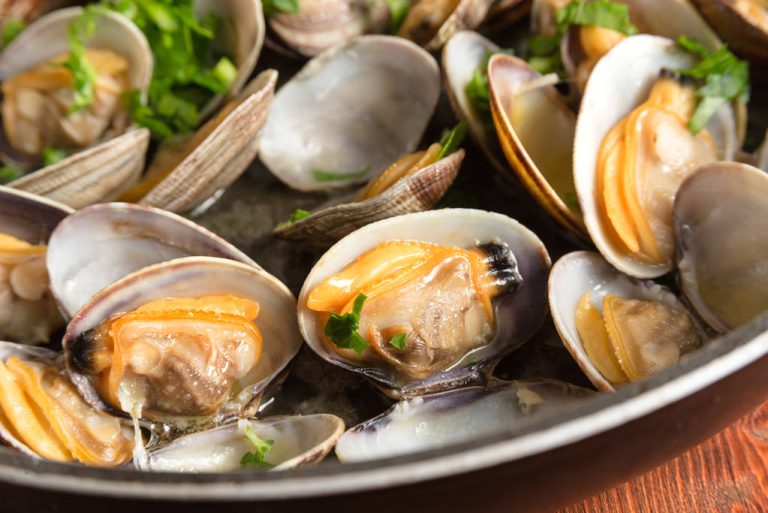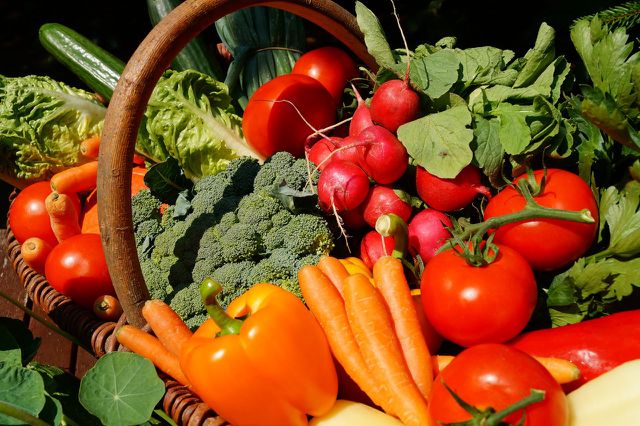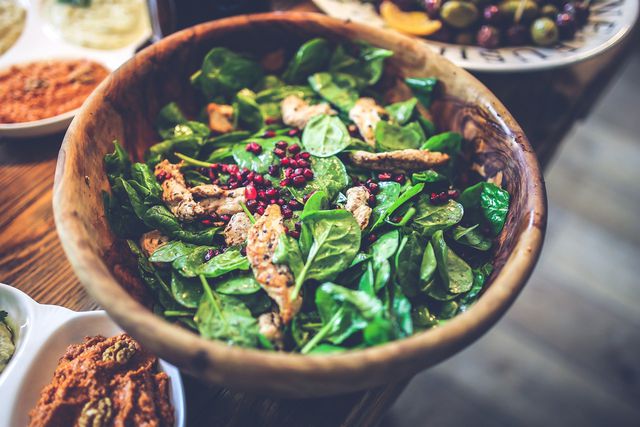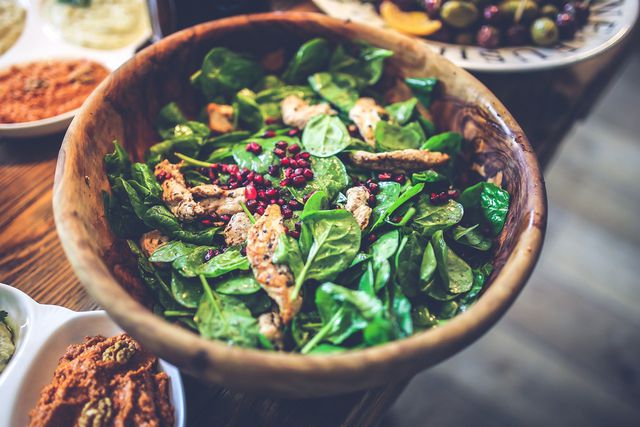Purines increase the level of uric acid in the blood. This can have fatal health consequences. Not just because it can lead to gout. According to a study, those who consume excessive amounts of purine-containing foods also shorten their lifespan by up to eleven years.
Study on foods containing purines: Significantly shortened life expectancy in men
Purines are organic compounds found in the body but also in some foods and beverages. As the Apotheken-Umschau warns, purines from food increase the uric acid level in the blood via the metabolism – this leads to what is known as hyperuricemia. This forms crystals that are deposited in joints and trigger painful gout attacks. If you eat a healthy and varied diet, your body will be able to keep its own balance and eliminate excess uric acid through the kidneys, intestines, sweat and saliva.
However, eating too many purine-rich foods increases the risk of diseases such as gout and shortens lifespan by up to 11.7 years, according to an Irish study by the University of Limerick. In the study, the research team analyzed the data of around 26,500 people with elevated uric acid levels. The researchers found that men whose uric acid concentration in the blood exceeds the value of 535 µmol/l have a life expectancy that is up to 11.7 years lower than men whose value is lower.
In women, the reduction in lifespan is not quite as drastic as in men. Nevertheless, it can decrease by an average of six years at a value of more than 416 µmol / l. But beware: too low a uric acid level can also be dangerous – especially for men. The value should therefore not be less than 238 µmol / l.
Purine-rich and low-purine foods at a glance
The exact values of the uric acid level should always be checked by a doctor.
This can give you information about the actual causes of critical values.
He also determined whether these should be increased or decreased.
Foods that are particularly high in purine:
Red Meat (Lean Meat)
sausage
poultry skin
meat extract
spinach
dried fruit, e.g. B. Dates
Offal
shellfish and crustaceans
Cauliflower
Legumes (kidney beans, peas, soy and soy products)
trout, herring
Yeast
Linseed and sunflower seeds
Beer
Foods that are low in purines:
eggs
Low-fat milk and milk products
Vegetables (tomato, lettuce, cucumber, carrot, potato, pepper)
Beverages such as tea, coffee, wine, sparkling wine and fruit juices
Nuts and kernels (walnuts, cashews and hazelnuts, sesame seeds, pine nuts, almonds)
fruit
margarine and vegetable oils
Polenta (maize grits)
Purines and alcohol: It is best to avoid them completely
Regardless of whether the respective drinks contain a lot or a little purine, advises to completely avoid alcohol in the case of gout and hyperuricemia
For example, beer (also non-alcoholic) contains relatively little purine with 10 to 15 milligrams (mg) of uric acid equivalent per 100 grams. However, beer is usually consumed in larger amounts than solid foods. A liter of beer comes from 100 to 150 mg uric acid equivalent. To prevent hyperuricemia and gout attacks, a maximum of 500 mg of uric acid per day should be obtained via purines in food (low-purine diet), according to the health portal. With a strictly low-purine diet, which is indicated in acute attacks of gout, the maximum value is only 300 mg uric acid daily.
Conclusion: Only those who permanently prevent the excessive consumption of purine-containing foods can hope for a longer lifespan.




